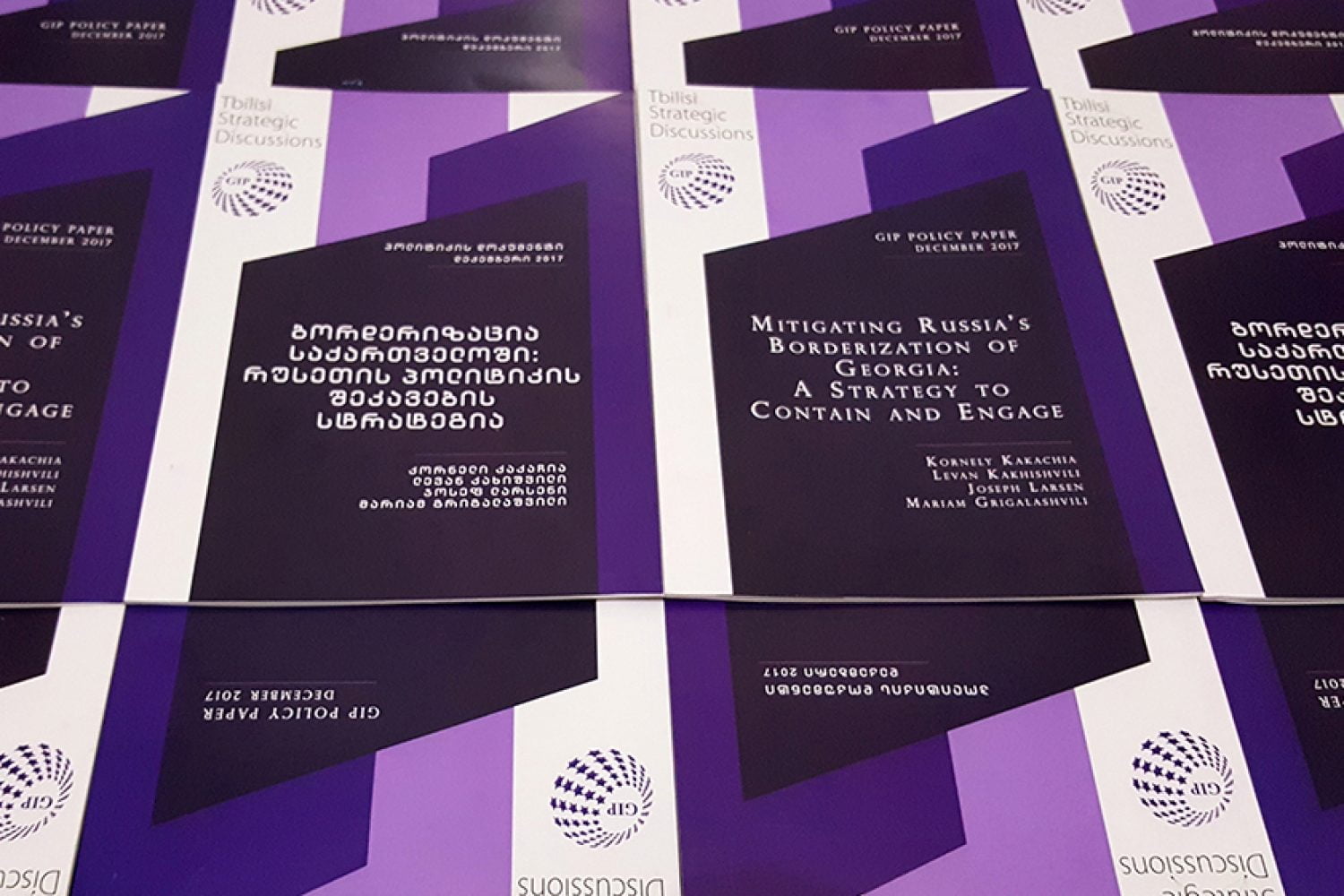2017-12-20 22:12:59
Russia’s use of military, political, and informational tactics to manipulate unresolved conflicts is a dynamic process. One novel warfare tactic Russia has employed since 2009 is the “borderization” of Georgia’s territory. The tactic of borderization serves Russia’s strategy of undermining Georgia’s sovereignty, including its democratic development and independent domestic and foreign policies. Borderization is a new phenomenon, differing from occupation in that it involves the expansion of territory under occupation. Borderization violates not only Georgia’s territorial integrity and sovereignty but also undermines the wider European security order. By continuing its creeping occupation and annexation of Georgian territory, Russia is exposing the weakness of the Georgian state and sowing doubt about the credibility of Euro-Atlantic institutions. Moreover, the tactic harms NATO and EU security interests by raising risks of escalation, augmenting Russia’s militarization of the Black Sea and threatening to disrupt diversification of energy supplies. While the Georgian government condemns borderization as deliberate provocation aimed at destabilization, it lacks tools to directly deter use of the tactic. Therefore, it should focus on mitigating the harmful effects of borderization. This policy paper attempts to provide policy recommendations to that effect. At the local and national levels, the Georgian government should mitigate the human costs of borderization and prevent political and social disruption. At the international level, it should work with its Western partners to respond more assertively to further acts of borderization. This paper sets out detailed recommendations for achieving these objectives.




